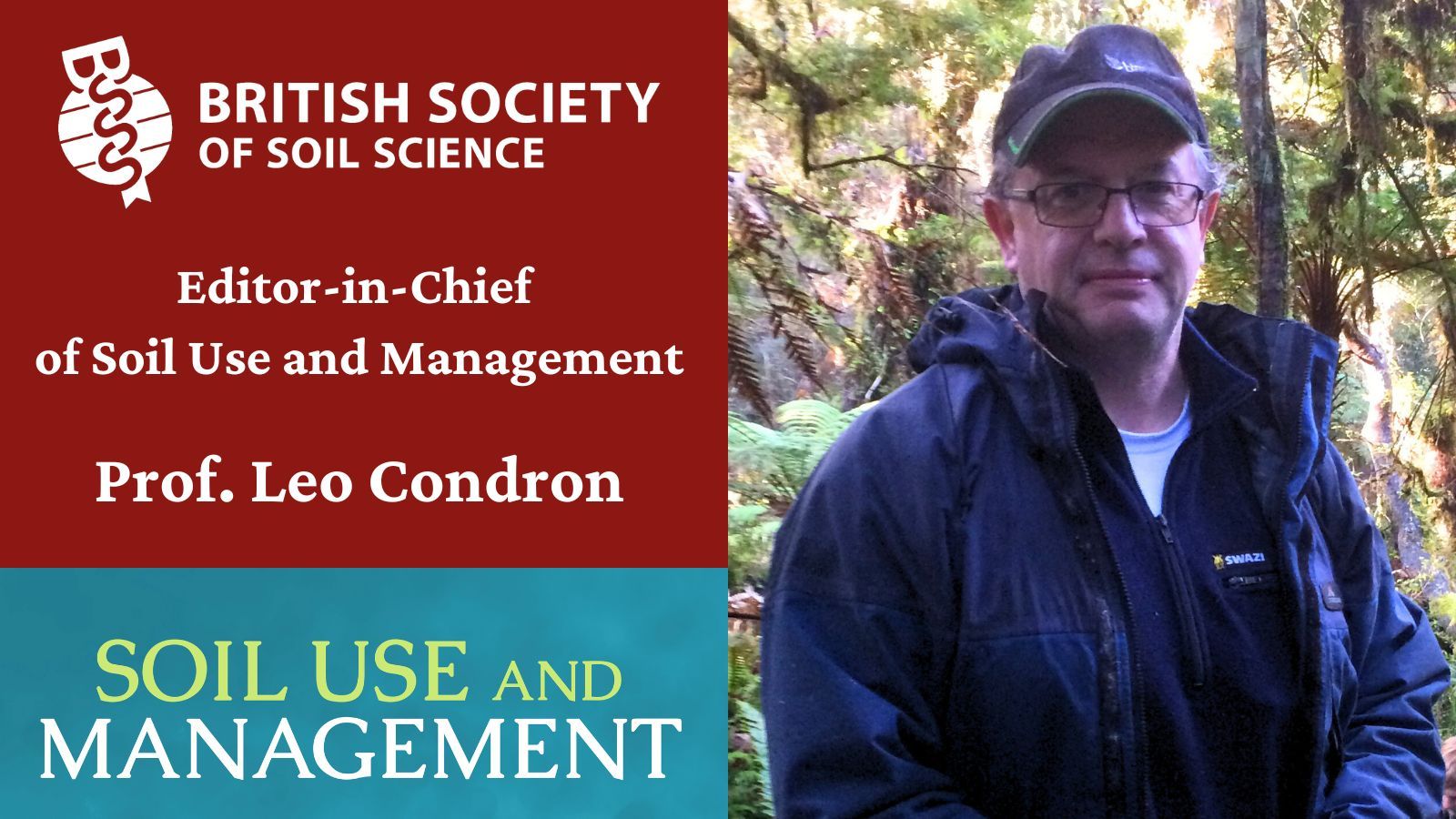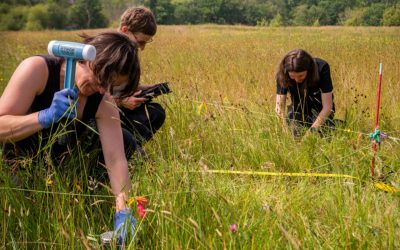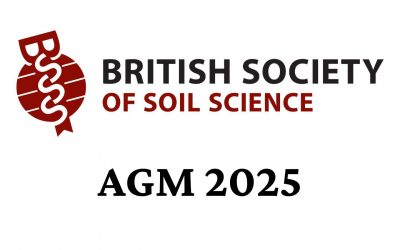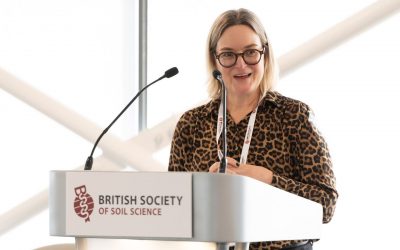We are delighted to announce that BSSS Fellow Member, Prof. Leo Condron, has been appointed the new Editor-in-Chief of our journal, Soil Use and Management (SUM). This is a fantastic appointment for the journal and we look forward to seeing what the future holds with Leo at the helm.
Leo was born in Glasgow and completed a BSc Honours degree in Agricultural Chemistry at the University of Glasgow, before moving to New Zealand to undertake a PhD in Soil Science at the University of Canterbury (Lincoln College). He has over 38 years’ experience in academia and research, and his research has predominantly investigated the impacts of land use and management practices on phosphorus and organic matter dynamics in grassland and forest soils, soil chronosequence biogeochemistry, and relationships between soil microbial diversity and function. This body of research has contributed to significantly advancing understanding of the importance of biological processes in determining the bioavailability and utilisation of phosphorus in soil-plant systems, which was recognised by the award of Doctor of Science degree by the University of Canterbury in 2016. Professor Condron has published over 300 articles to date (including 280 journal papers), and he has made a significant contribution to capability development through the supervision of over 120 postgraduate students and postdoctoral fellows.
“It is an honour and a privilege to be appointed to this important position. I will continue to advance the scope and quality of the journal in providing information and guidance to address the many challenges associated with the development and adoption of sustainable soil management practices in a rapidly changing world.”
Prof. Leo Condron
We also wanted to take the opportunity to thank the former editor, Deyi Hou, for all his work and dedication to the journal.
Soil Use and Management is a journal publishing research in soil science, earth and environmental science, agricultural science, and engineering fields. The submitted papers should consider the underlying mechanisms governing the natural and anthropogenic processes which affect soil systems, and should inform policy makers and/or practitioners on the sustainable use and management of soil resources. Interdisciplinary studies, e.g. linking soil with climate change, biodiversity, global health, and the UN’s sustainable development goals, with strong novelty, wide implications, and unexpected outcomes are welcomed.




